The city of Brighton is scheduled to receive a £1.6 million digital upgrade as the board members and businesses brace for the next generation of smartphone and wireless technologies.
The government is aiming to create a fibre broadband ring for public sector locations around the city centre, connecting university and college facilities, a library, and a “5G testbed.”
The councilors voted to set aside £300,000 for the expense of the venture, in building the Brighton Research and Innovation Fibre Ring.
The Brighton Research and Innovation Fibre Ring plan has already been endorsed by their policy resources group and is now subject to final regulation and risk assessment procedures.
The Brighton council is aiming at a public sector anchor tenancy agreement in which, the Internet service provider would participate to connecting its own sites to fibre and encourage them to set up a network in the area with guaranteed incentives, making it available to residents and businesses.
Brighton and Hove’s council has suggested that they would discuss the possibilities of providing a fibre-optic network for the whole city. The council will have to minimize its own risk while ensuring that the system is as free to use as possible.
John Allcock, Deputy Council leader, stated: “The digital infrastructure in the UK needs improvement without a doubt.
“In South Korea, 99 percent of the establishments have a full-fibre broadband internet service. It is 97% in Japan, 89% in Portugal, while it’s 71%n Spain.
“The figure here in the United Kingdom is 7%, which shows that the government and even the so-called free market economy has made a pitiful investment in this country over the last 10 years.
“South Korea now has the fastest average internet service throughout the world. The speed is 4 times faster than the global average of 7Mbps.
Research and Innovation Fibre Ring Network
The latest Research and Innovation Fibre Ring (R&IR) network would be initially controlled by the City Council, with space rented to a local digital cooperative to accelerate the building of community wealth.
In terms of finance, approximately £333,000 will be shouldered by the Council, while £499,000 from various business owners and the rest of the funding comes from the Coast to Capital Local Enterprise Partnership (LEP), with total funding of £1,665,293.
The funding from the City Council is created, offering BDX another 3 years of free space lease in New England House (approximately £ 50,000) and paying a portion of the cost of the fibre construction.
The Council will gain an asset in the form of a fibre infrastructure which will save its very own connection expense and will also continue to collect monthly rental income.
The City Council is said to explore related options for the introduction of full-fibre (FTTP) broadband throughout the city to connect residences as well as small businesses.
Brighton and Hove City Council Policy Chiefs have said that fibre ring would pay for itself and can create an additional £115 million for the city’s economy over ten years.
The Council spokesperson said: “The Research and Innovation Fibre Ring would link main public sector entities in the city center to the Brighton Digital Exchange.
“It would be public sector owned and operated by a group of jointly owned local companies to encourage local digital firms to invest. This will guarantee that the financial benefit to our small and medium-sized enterprises is felt locally.
The Benefits
The aim is to allow more full-fibre connections, relying entirely on faster optical fibre – or fibre optic – cables, rather than old copper cables.
Even where fibre optic cables have already been installed, copper cables often form part of the infrastructure, keeping people from taking full advantage of faster speeds at work and at home.
Public places will be among the first to benefit from this recent investment, accompanied by several small and medium-sized digital businesses in Brighton.
Private enterprises are expected to contribute £ 500,000 for the Brighton Research and Innovation Fibre Ring.
Nick Hibberd, Executive Director of the board for economy, environment, and culture said that the new network service will link Brighton University, the Greater Brighton Met including the Jubilee Library.
They will also be connected to the Brighton Digital Exchange at the New England House and even the 5G testbed at the Dome.
Councilor Allcock informed the council’s Policy and Resources Committee: “Full-fibre broadband uses a fibre optic cables to link from the internet network to households or businesses without the need for any copper wire.”
The Labor council member added that doing so could provide broadband internet connections which are 20 times considerably faster than that of the UK average.
He claimed, “This is innovation in the infrastructure of the 21st century – 20 years into the 21st century – and an investment in our city’s economy. “By having connections to ultra-fast link speeds, our local digital companies will have a strategic edge and so will be able to grow and offer more innovative products and services.”
Oppositions
The development of 5G testbed is controversial for others, while the council and the health chiefs have said that the installations are safe.
Campaigners have forwarded to Brighton and Hove City Council last year a petition with 2,240 signatures protesting the 5G. The Health and Wellbeing Board already explored and discussed the issues early this year.
Brighton and Hove ‘s head of public health, Alistair Hill, said that the peer-reviewed studies had considered both the long-term and short-term implications of 5G technologies and reported that there were “no negative health consequences.”











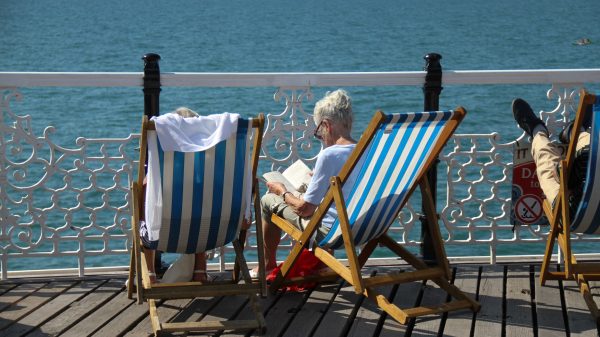


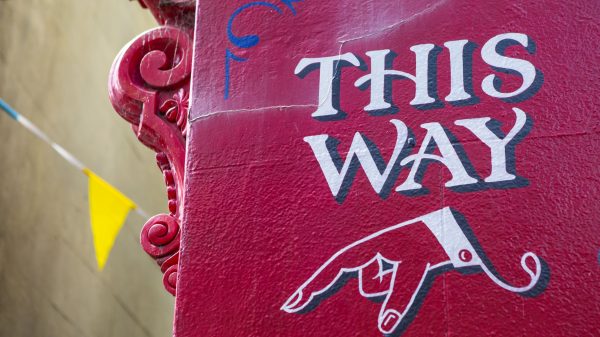


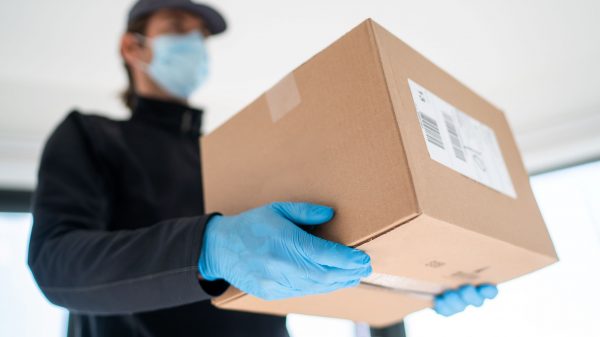
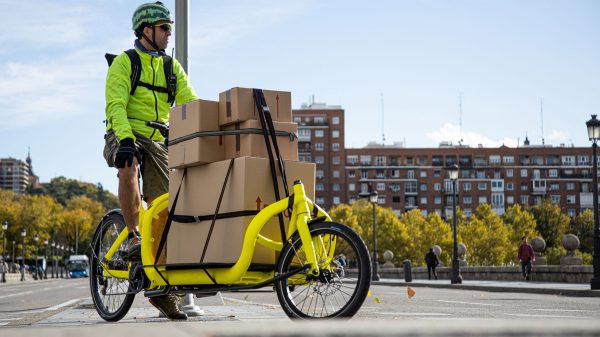
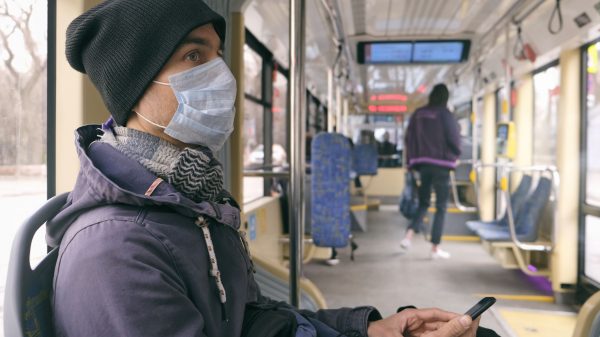







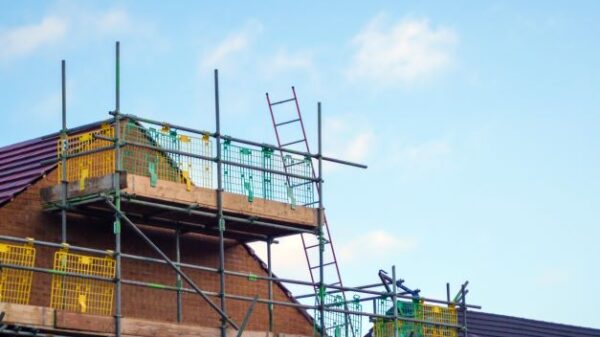





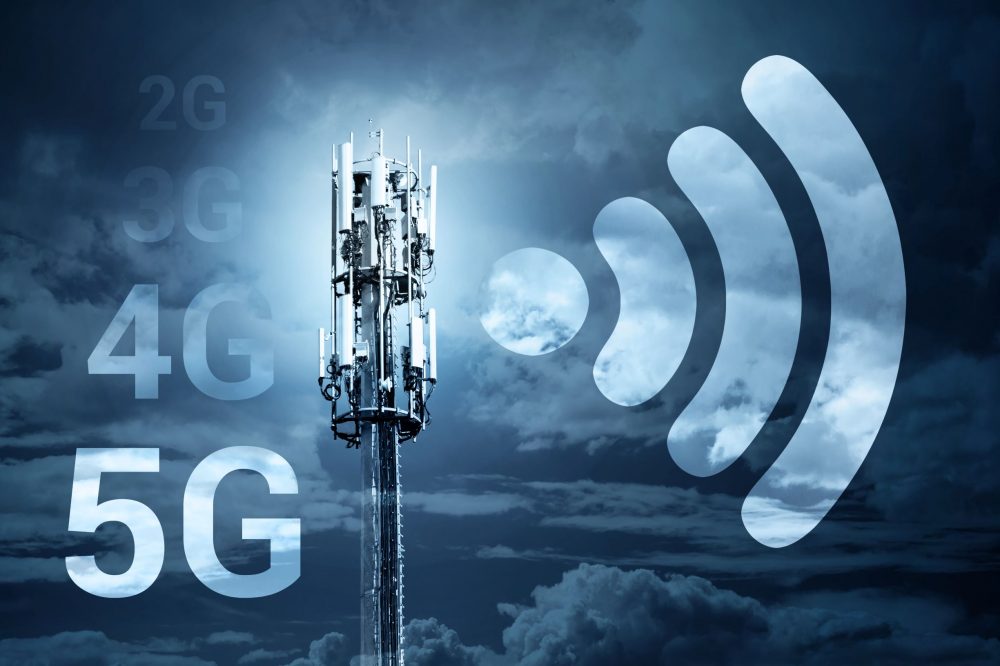














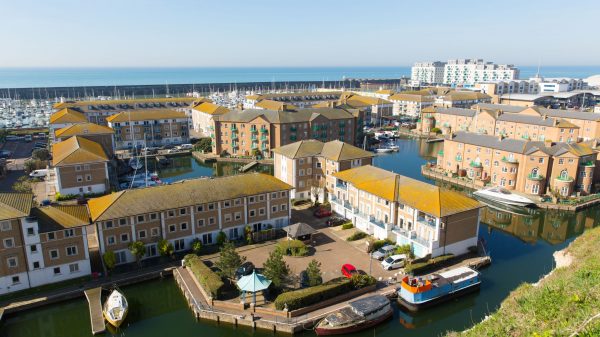
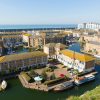

You must be logged in to post a comment Login